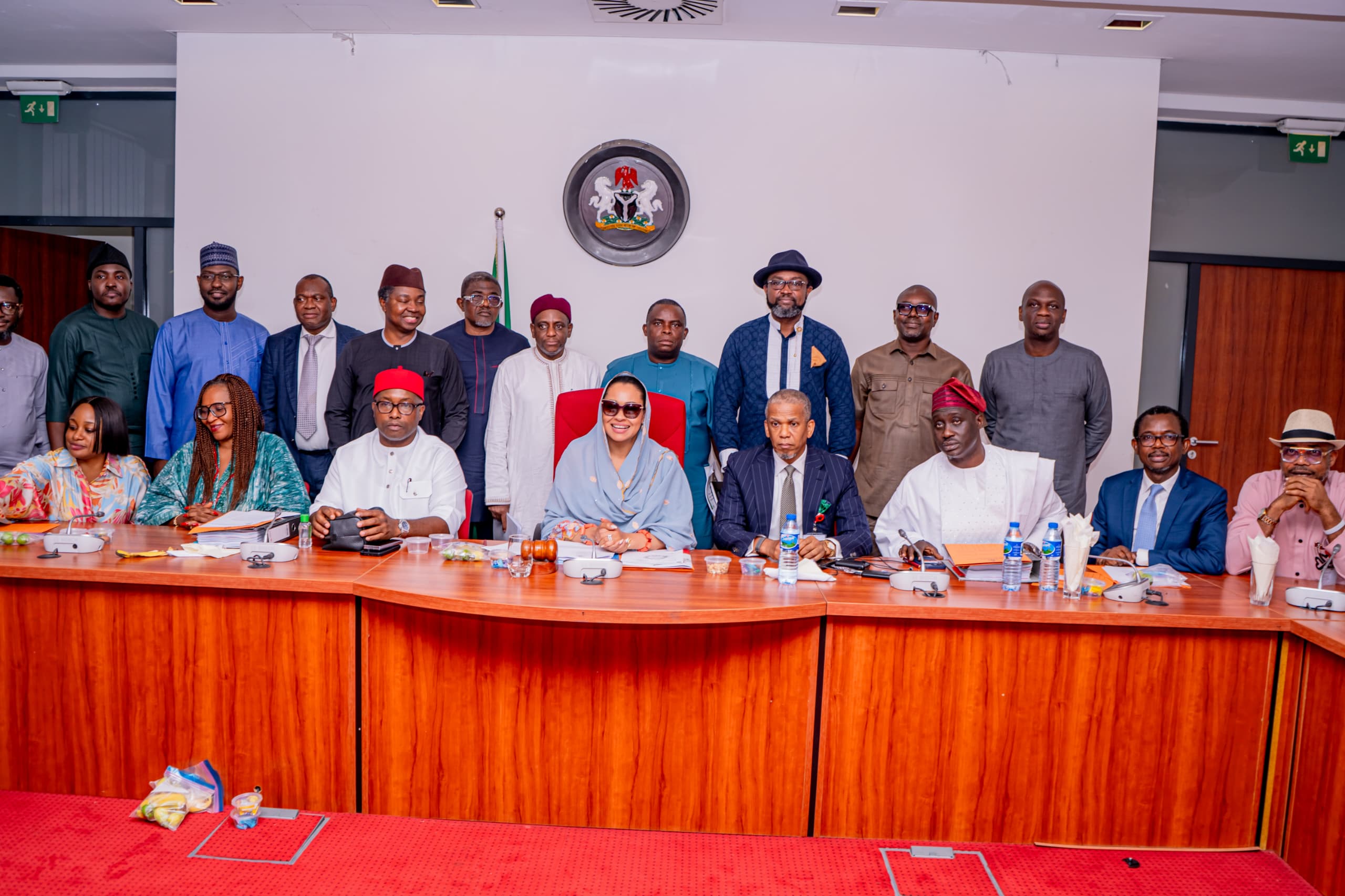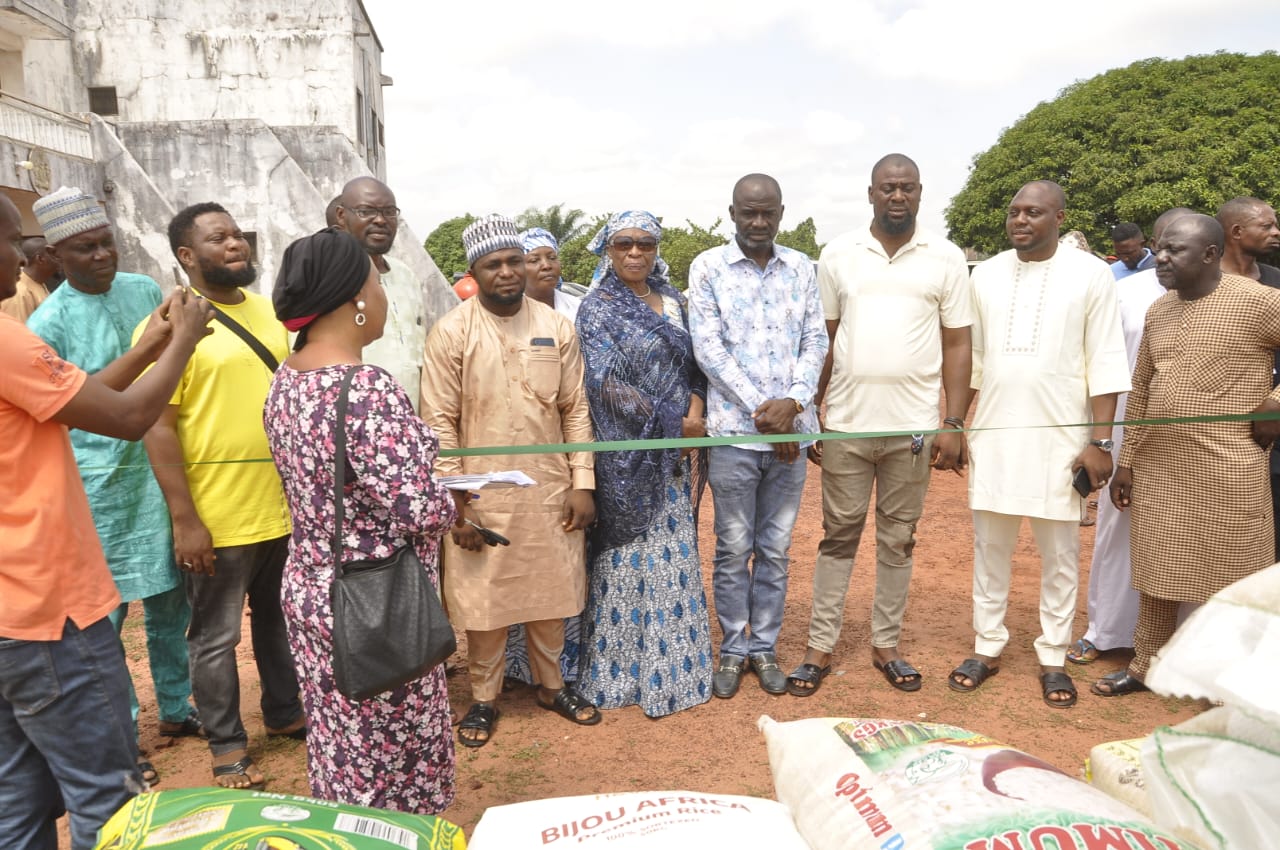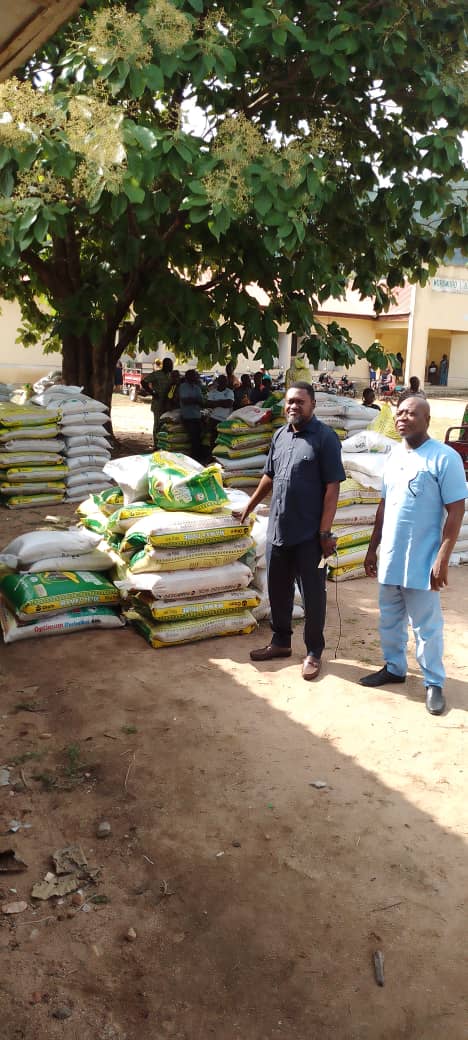Janet Samuel, Abuja
Chairman, Senate Committee on Local Content, Senator Natasha Akpoti-Uduaghan has urged the Nigerian LNG Limited (NLNG) to prudently allocate the $43 million from the $4.3 billion Train-7 project for human capital development projects, ensuring compliance with the Nigerian Oil and Gas Industry Content Development (NOGICD) Act.
This amount, which represents 1% of the total project value, is designated for human capacity development and institutional strengthening.
Senator Natasha made this call during a meeting at the national assembly with representatives from NLNG, NCDMB, Saipem Contracting Limited, and Daewoo Engineering & Construction, on Tuesday.
She stressed the importance of transparency and effective utilisation of these funds to benefit Nigerians and enhance the country’s human capacity development and institutional strengthening.
“Learning institutions from public primary to tertiary institutions nationwide should benefit from the $25.8m which is 60% of the $43m worth of HCD projects owed Nigerians,” she added.
Senator Natasha also emphasised the infrastructure deficit in Nigeria’s primary and secondary schools by UBEC report which has it that about 40,000 classrooms are in deplorable conditions.
“It would do well if NLNG’s HCD schemes can support UBEC in their quest to provide befitting educational facilities,” she advised.
Senator Natasha addressed discrepancies in reported figures for the NLNG Train-7 project, highlighting that if the project is valued at $6.5 billion, the human capacity framework would allocate $39 million for institutional strengthening, $13 million for advanced-level training, and $13 million for auxiliary training, totaling $65 million. If the project is worth $10 billion, the allocation would be $60 million for institutional strengthening and $20 million each for training, totaling $100 million worth of projects across the country.
The Kogi lawmaker explained that for projects in the oil and gas sector worth over $500 million, 1% of the project value is allocated to human capacity development and institutional strengthening.
The committee is expected to collaborate with NLNG and NCDMB to establish a framework and select public institutions across the country that will benefit from the strategic programme, aimed at enhancing learning institutions’ capacity.
The effective utilisation of these funds will positively impact the country’s human capacity development and institutional strengthening and will help address the issue of out-of-school children and improve learning structures in public institutions.







GIPHY App Key not set. Please check settings